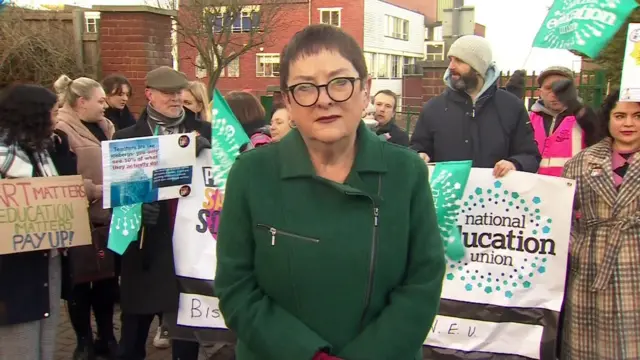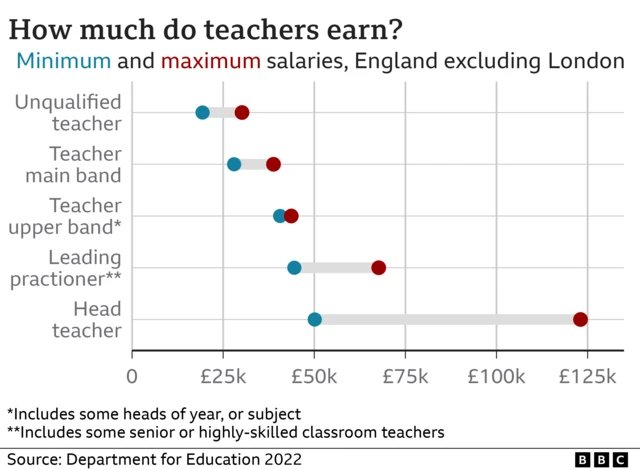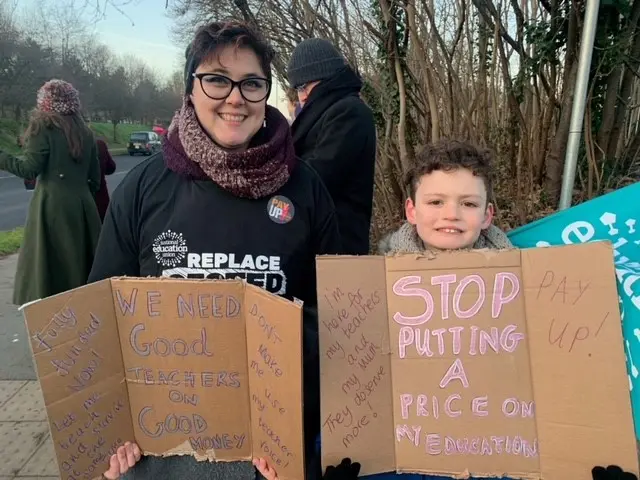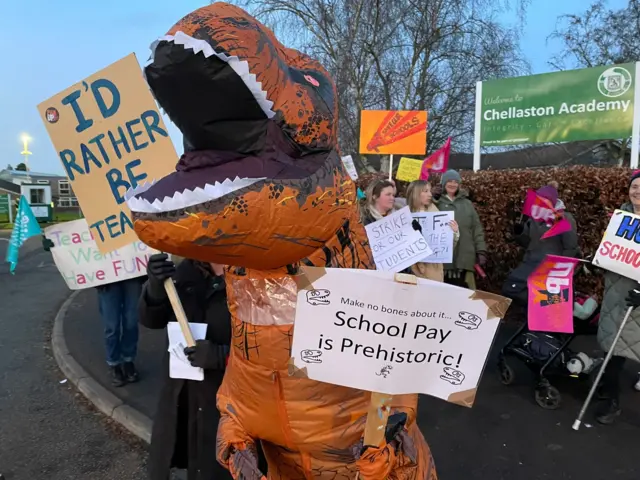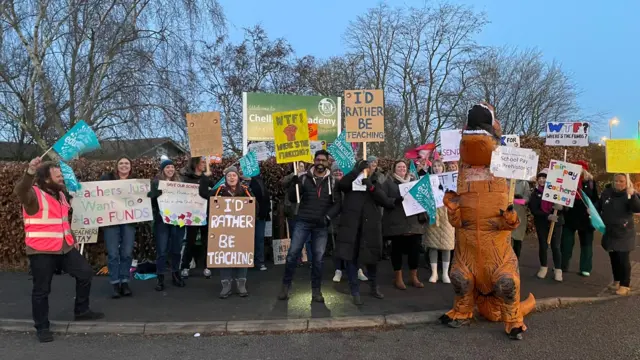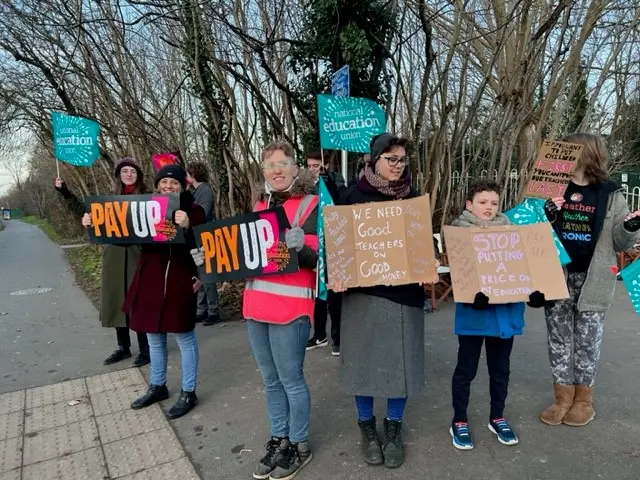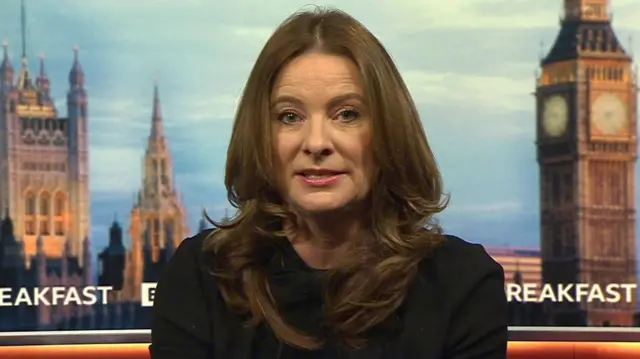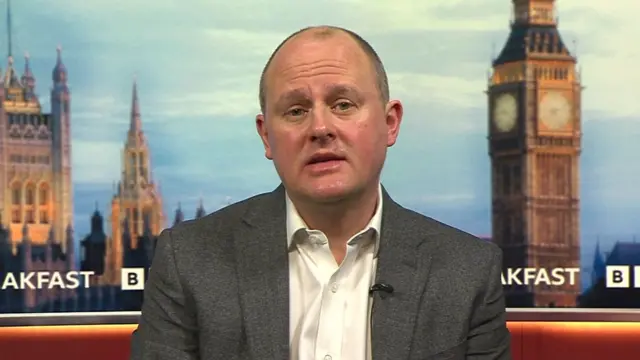'There are no children and young families in sight'published at 09:19 GMT 1 February 2023
Malu Cursino
BBC News Live reporter
On the main streets of Islington, a residential area in central London, you have the usual hustle and bustle of the capital city. Commuters trying to get by, little to no children and young families in sight.
Most of the ones walking past me were on their way to nursery or school, with parents lugging around their children’s lunch boxes. It largely appears like business as usual.
That wasn’t the case a little while ago, as I walked past another nearby school to find it closed and no young families in sight.
I am now at Barnard park, hoping to speak to some families who have had to change their usual plans due to school closures.
There are many dog walkers, and commuters cutting through the park to get where they need to be, but the playground is empty.
